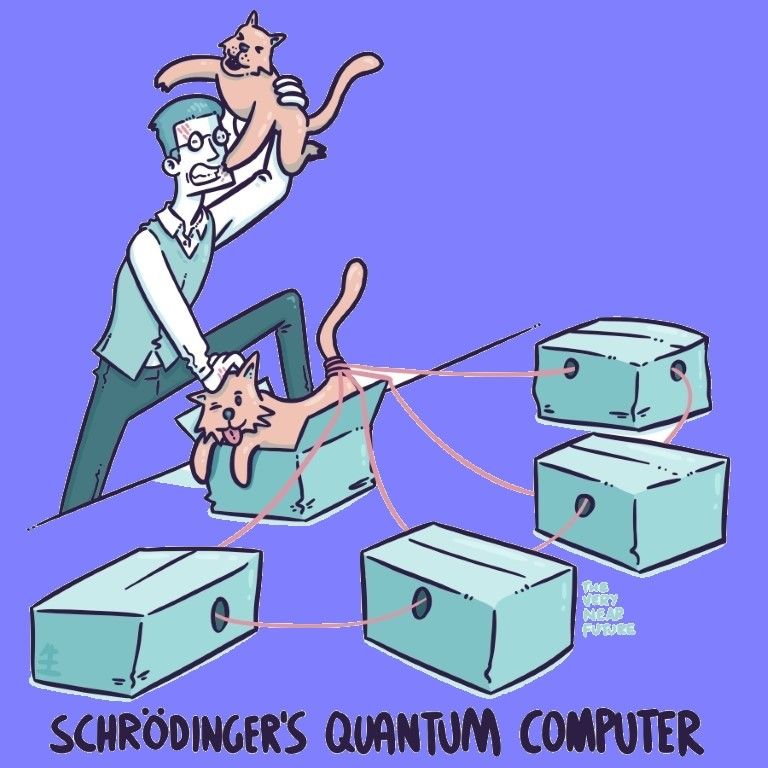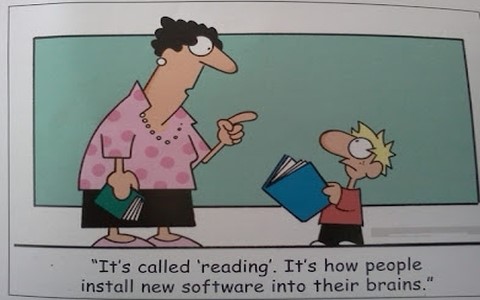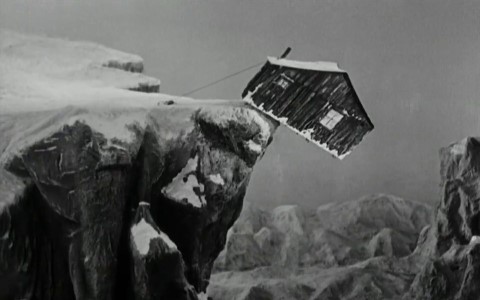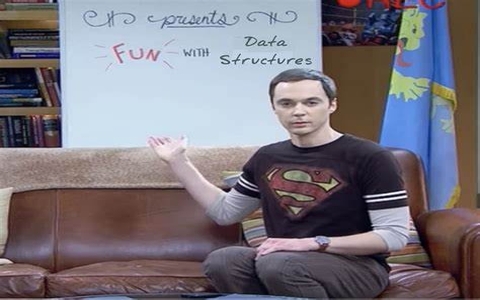Unveiling Quantum Computing
Quantum computing harnesses the phenomena of quantum mechanics to deliver a huge leap forward in computation to solve certain problems. If one does not know quantum mechanics from before, it is the branch of mechanics that deals with the mathematical description of the motion and interaction of subatomic particles, incorporating the concepts of quantization of energy, wave-particle duality, the uncertainty principle, and the correspondence principle.
Quantum Computing is Hard to Explain. They aren't the next generation of supercomputers, they're something else entirely. They are designed to solve complex problems that today's most powerful supercomputers cannot solve, and never will. Confusing it may be, but bear with me please !
Any computational problem that can be solved by a classical computer can also be solved by a quantum computer. Conversely, any problem that can be solved by a quantum computer can also be solved by a classical computer, at least in principle given enough time. Quantum computers provide no additional advantages over classical computers in terms of computability.
I shall use a simple example from our daily life to explain it. Imagine you have invited 15 "fussy" friends for a dinner party. but there is only one optimal seating plan out of all the different possible combinations. How many different combinations would you have to explore to find the optimal?
Well the total combinations are well over a 1 Trillion. That's a huge number of total combinations. All modern day computers have to analyze each combination one after another, which can take a while before we have the answer.
Now put a fast computer to work, and say each combination took 1 microsecond to check. Classic computer would still take about 1 week to solve while the quantum computer will take only a second.
Deep dive into Quantum Computing
What is a quantum?
The quantum in "quantum computing" refers to the quantum mechanics that the system uses to calculate outputs. In physics, a quantum is the smallest possible discrete unit of any physical property.
What is a qubit?
Today's computers use bits; either 1's or 0's. Quantum computers, on the other hand, use qubits, which are typically subatomic particles such as electrons or photons. Generating and managing qubits is a scientific and engineering challenge. Qubits can hold a superposition of all possible states.
Superposition
In superposition, quantum particles are a combination of all possible states. They fluctuate until they're observed and measured. One way to picture the difference between binary position and superposition is to imagine a coin. Classical bits are measured by "flipping the coin" and getting heads or tails. However, if you were able to look at a coin and see both heads and tails at the same time, as well as every state in between, the coin would be in superposition. To put qubits into superposition, researchers manipulate them using precision lasers or microwave beams.















